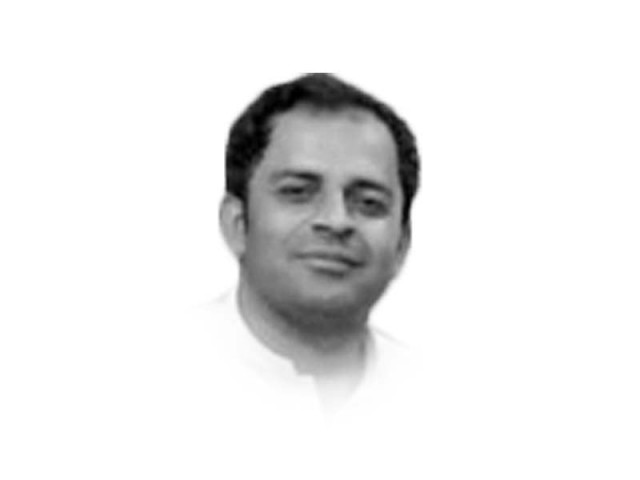Political stability and Pakistan
Political stability and harmony are imperative for inclusive and sustainable national development

The history of politics dates back to the earliest humans organised in foraging bands. Though in a nascent stage, each member tried to influence the collective affairs of the political band in the best possible manner. With the social evolution through political bands, tribes, chiefdom and modern nation-states, the concept, practices and policies of politics have undergone revolutionary changes. Throughout this political journey, modern humans have hammered out many deductive and interpretative tools for playing politics relatively productively. In order to ensure political stability, these interpretations and political principles have been institutionalised and codified in constitutions in the modern political units, although with varying degrees, definitions and determinants.
Political stability is the sum of the activities of the government, legislative bodies and people authorised to influence the country’s affairs in a manner that sustainably confirms the established political principles and practices. It is the governing of a country’s affairs within the dynamic bounds of the law of the land enshrined in the constitution. A stable political culture prompts prosperity and prevents destabilisation of a country by navigating the testing times in an effective manner.
What makes up political stability? Political maturity and harmony; pragmatic political culture and practices, sincere; meritocratic and visionary political leadership; healthy political competition; smooth political transition; clear separation of power; policy consistency; ideological political agendas; broader political consensus on vital national interests; and institutional cooperation help set the ground for a stable political landscape.
Political stability and harmony are imperative for inclusive and sustainable national development. The countries that have evolved a stable, progressive, inclusive and tolerant political culture have attained feats in all aspects of their lives. Sustainable economic prosperity and democratisation; civilian supremacy and rule of law; institutional efficiency and balance of power; national security and social harmony; industrial and agriculture growth and employment opportunities; transparency and capitalisation of resources; freedom of expression; security in life; policy consistency; and pragmatic foreign policy are the fruits of political stabilisation.
However, the countries struggling against political instability and polarisation cannot bode well in all aspects of life. Pakistan is, unfortunately, one of them. As a result, the country remained entangled within the backwardness and totalitarian clutches. Divisive political culture, confrontational opposition, fragile parliamentary setup, selective accountability, regime change conspiracies, militarisation of politics and extra-constitutional interventions, and lack of political maturity characterise the country’s volatile political landscape for over 75 years now. Moreover, fragile foreign policy, economic bankruptcy, social unrest, industrial downfall, rampant corruption, growing unemployment, illiteracy, militancy and sectarianism, widening ethnic divide are the outcomes of the country’s charged political history.
What has destabilised the country’s politics?
Political engineering; tussle for power politics; dynastic, despotic and power-seeking elite; incompetent civilians; militarisation of politics; institutional outreach; patronised political elite; lack of popular public support in political decision-making; susceptibility of politicians to external sponsorship; and obscene accent of the political elite have contributed to the prevailing political destabilisation. This has almost derailed democracy and left far-reaching implications for the country.
And for the past seven months now, political instability is spiralling out of control, threatening the country’s democratic and constitutional collapse. The ruling PDM and the PTI must practise pragmatism for the larger good of the country. Free, fair and early elections would help navigate the country through the political instability.
Published in The Express Tribune, November 13th, 2022.
Like Opinion & Editorial on Facebook, follow @ETOpEd on Twitter to receive all updates on all our daily pieces.















COMMENTS
Comments are moderated and generally will be posted if they are on-topic and not abusive.
For more information, please see our Comments FAQ